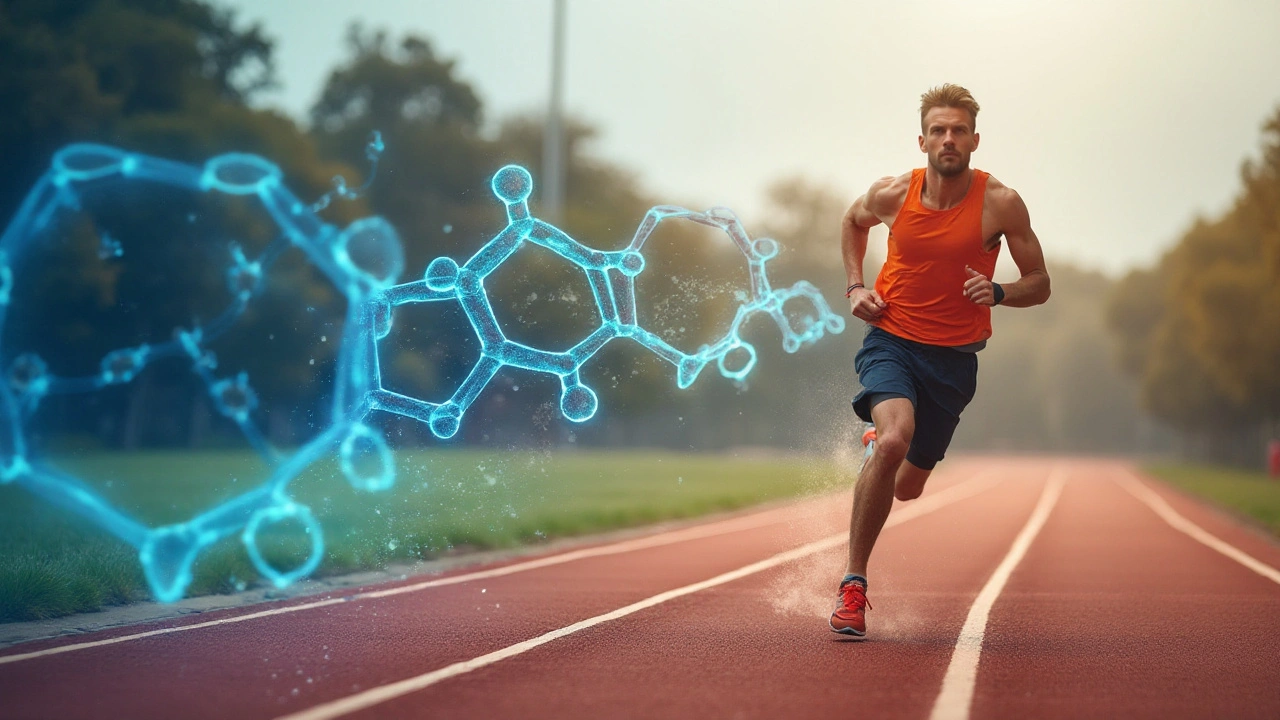Trace Minerals: What They Do and How to Get Enough
Small amounts, big impact. Trace minerals—like zinc, selenium, iodine, copper, chromium, manganese and molybdenum—work behind the scenes to keep your hormones, immune system, and metabolism running smoothly. You don’t need grams of them daily, but missing the right amount can lead to real symptoms: low energy, hair loss, thyroid trouble, or slow wound healing.
Food-first sources
Trying to get trace minerals from food is the safest and often cheapest move. Here are easy picks you can add to meals:
- Zinc: oysters, beef, pumpkin seeds, chickpeas. Great for immune health and wound repair.
- Selenium: Brazil nuts (one nut can provide a full day’s need), tuna, eggs.
- Iodine: iodized salt, seaweed, dairy, and seafood. Key for thyroid function.
- Iron: red meat, lentils, spinach, fortified cereals — ferritin levels matter more than a one-time blood count.
- Copper: shellfish, nuts, whole grains; zinc supplements can lower copper if taken long-term.
- Chromium: whole grains, broccoli, lean meats — it supports blood sugar control at normal levels.
- Manganese & molybdenum: whole grains, legumes, nuts—usually covered by a varied diet.
Smart supplement tips
Supplements can help if you have a confirmed deficiency, dietary limits (vegan, restrictive diet), pregnancy, or absorption issues. But a few rules make them safer:
- Get tested when possible. Ferritin for iron, urinary iodine tests for iodine, and a doctor’s check for selenium or zinc if symptoms point that way.
- Stick close to recommended amounts. Examples: zinc ~8–11 mg/day, selenium ~55 mcg/day, iodine ~150 mcg/day, iron 8–18 mg/day depending on age and sex. Avoid mega-doses unless a clinician prescribes them.
- Watch interactions. Iron and calcium compete for absorption; take them apart. High zinc can cause copper deficiency. Selenium has a narrow safety margin—too much causes hair loss and nerve issues.
- Choose quality brands and read labels. Look for third-party testing (USP, NSF) and avoid supplements that promise unrealistic cures.
Who usually benefits most from supplements? Pregnant people (iron, iodine), vegans (iron, zinc, iodine), older adults (absorption drops), and people with diagnosed deficiencies. If you take chronic meds—like thyroid drugs, diuretics, or antibiotics—talk with your provider before starting minerals. They can change how drugs or minerals behave in your body.
Final tip: keep it simple. Eat varied, use iodized salt in moderation, snack on nuts and seeds, and only supplement after testing or clear need. Little minerals, when managed right, make a big difference in how you feel every day.
Molybdenum, a trace mineral often overlooked, holds surprising benefits for athletes seeking peak performance. By supporting enzyme function and helping breakdown crucial nutrients, this powerful supplement can enhance energy levels and improve overall health. While molybdenum is found in certain foods, supplementation ensures athletes maintain optimal levels for maximum benefit. Let's dive into what makes molybdenum a game-changer for athletic success and how to incorporate it into your training routine.

